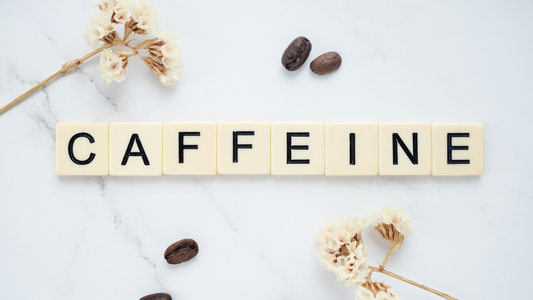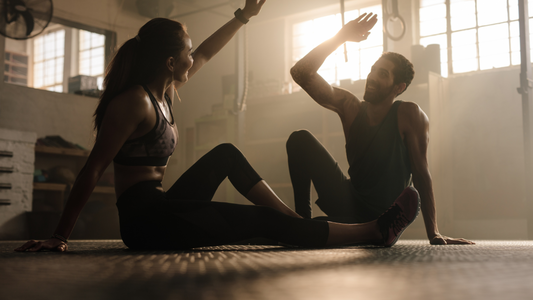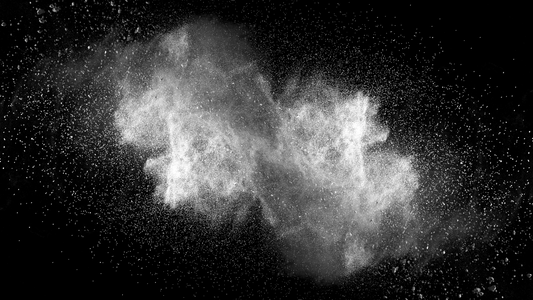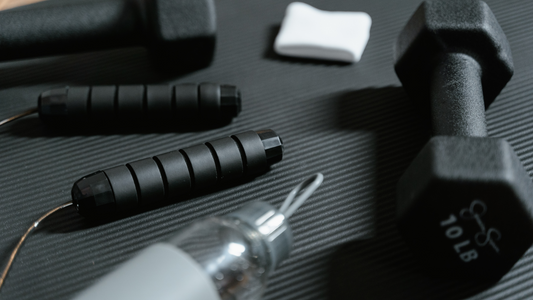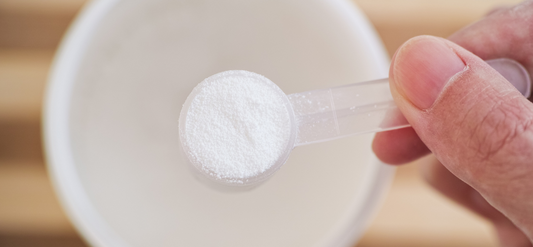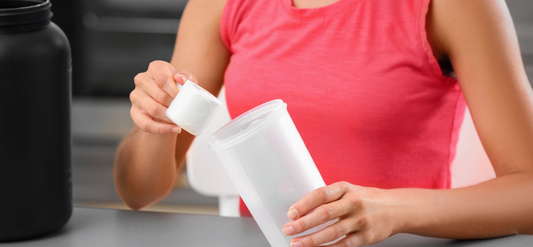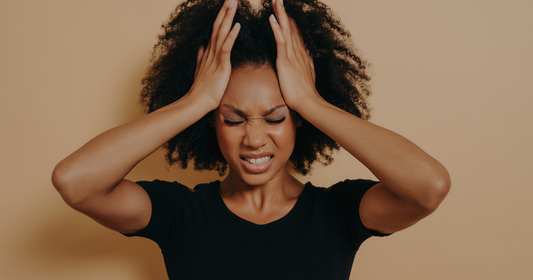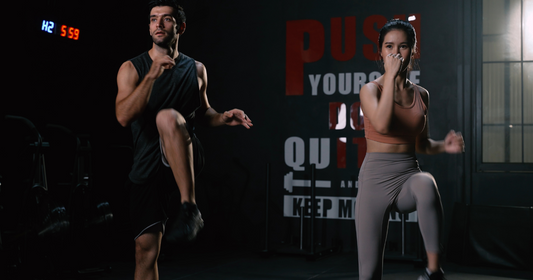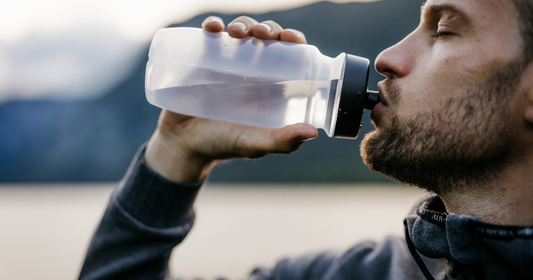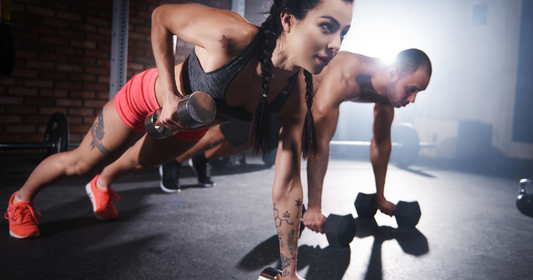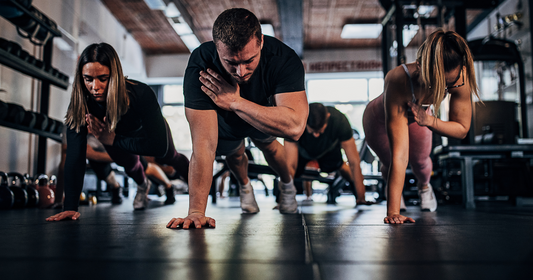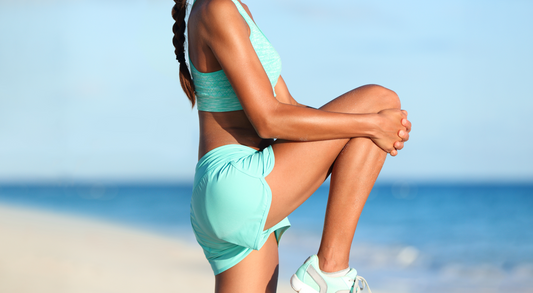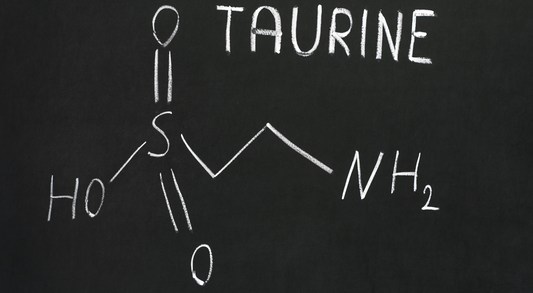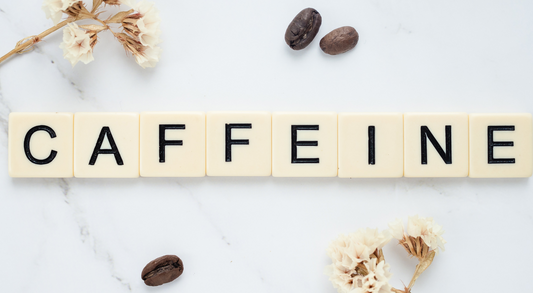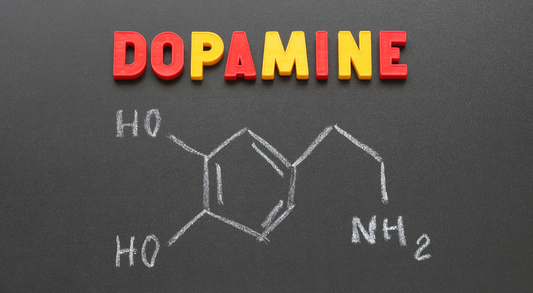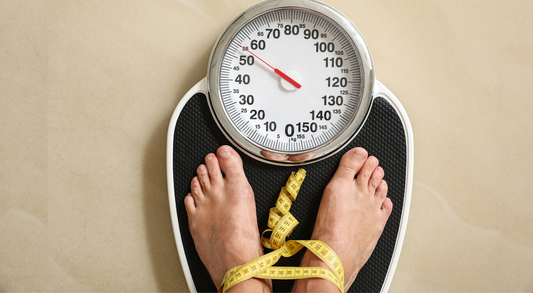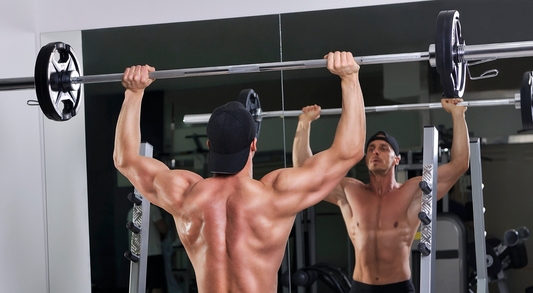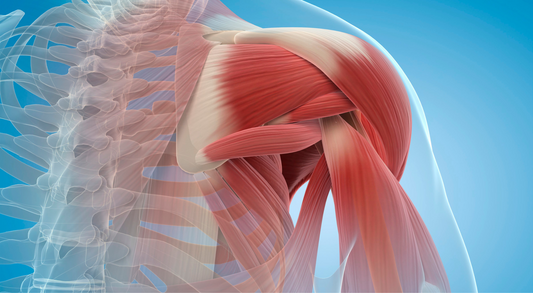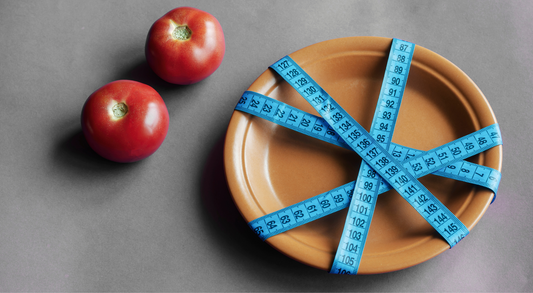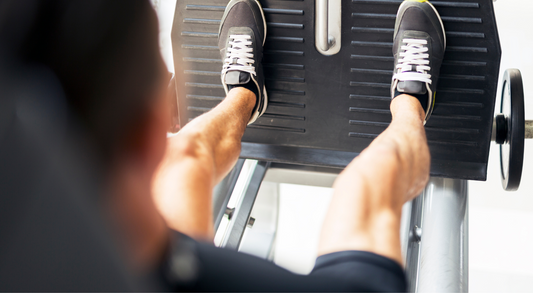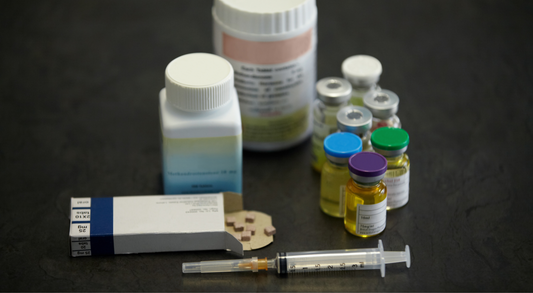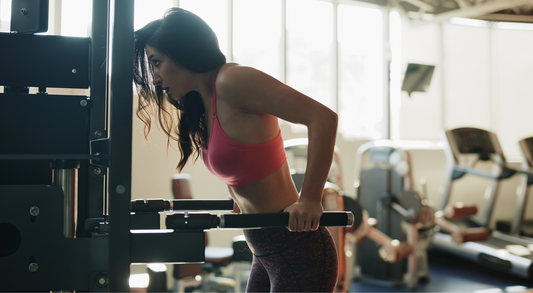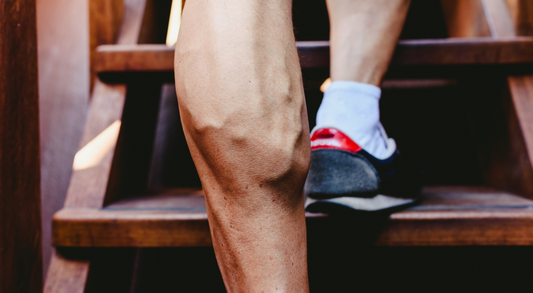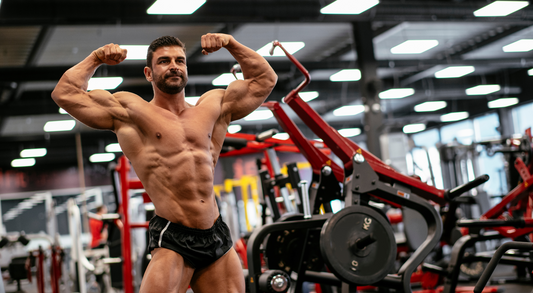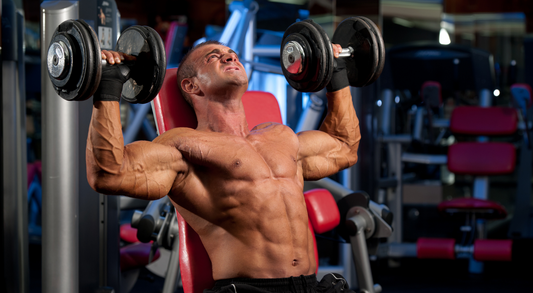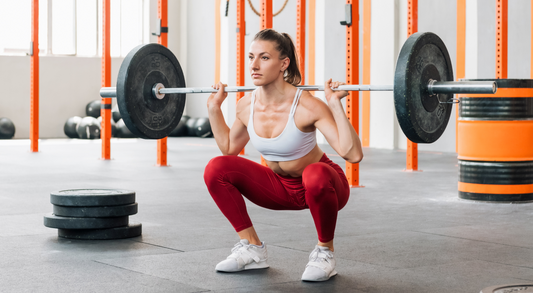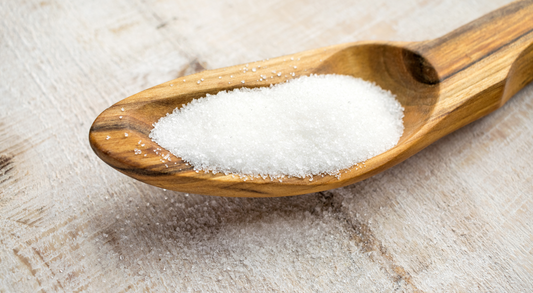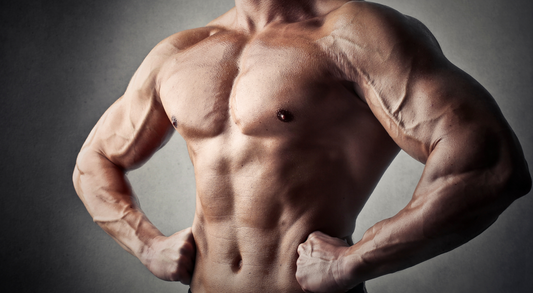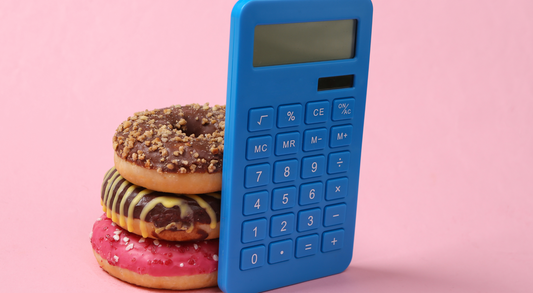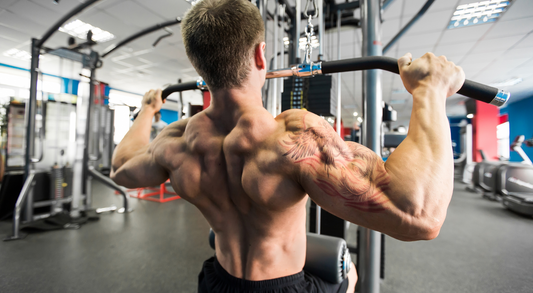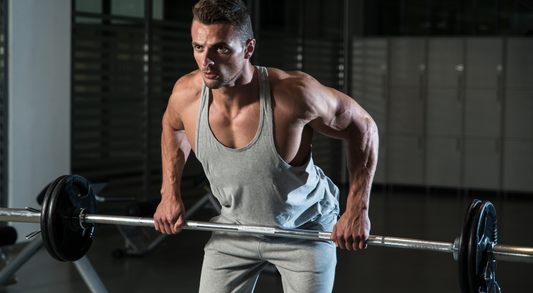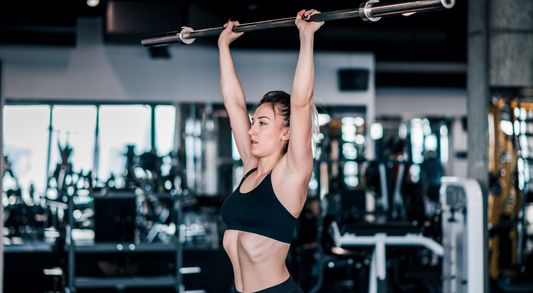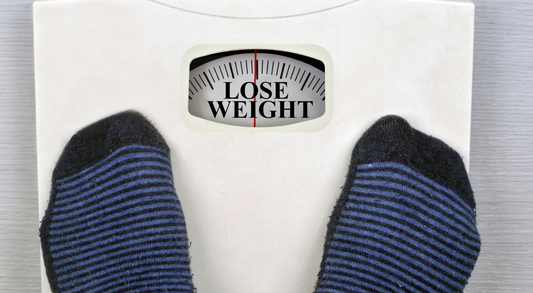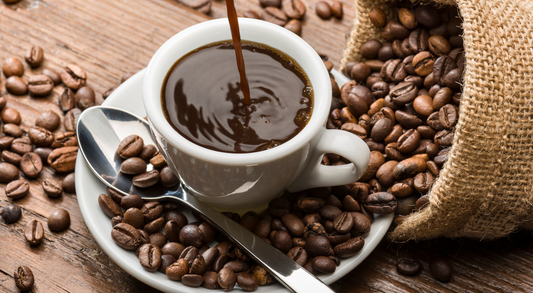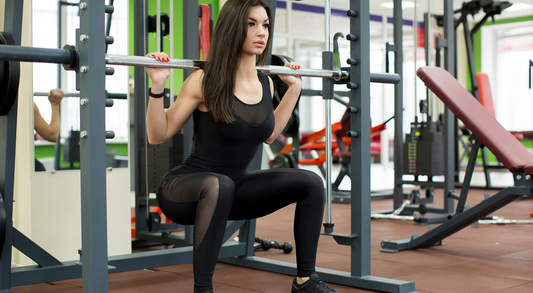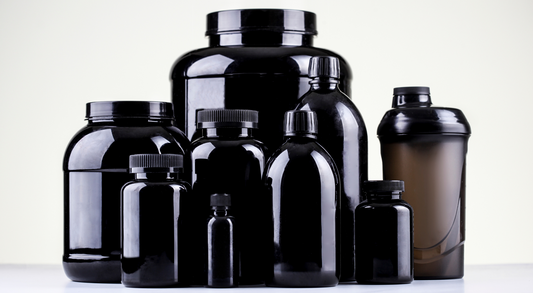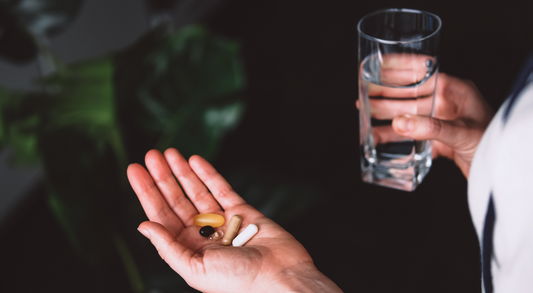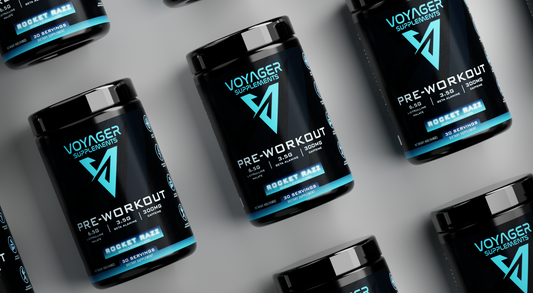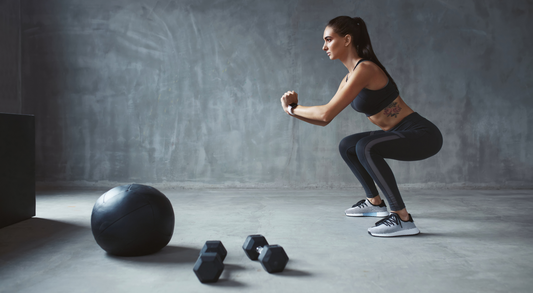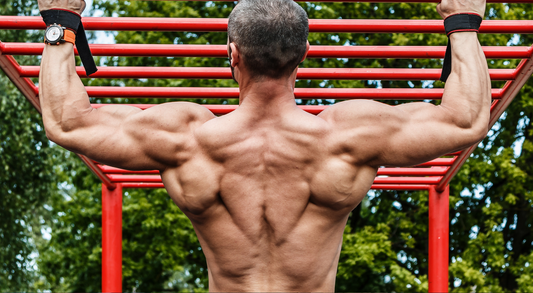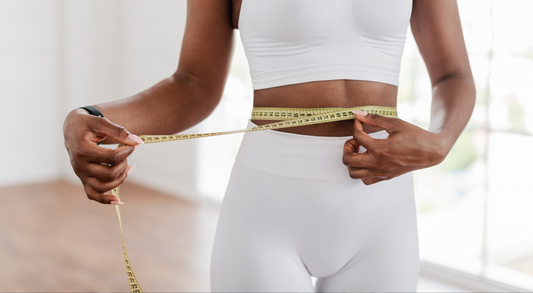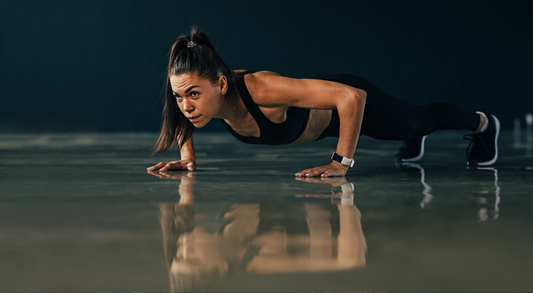Anxiety is a common mental health issue affecting millions of people worldwide. It can be debilitating, causing physical symptoms like a racing heart, and mental symptoms such as persistent worry. But did you know that working out can help manage anxiety? In this article, we'll explore how exercise can be a powerful tool in your anxiety management toolkit.
The Science Behind Exercise and Anxiety
Exercise has long been known for its physical benefits, but its mental health benefits are equally important. When we exercise, our bodies release chemicals called endorphins. These are often referred to as 'feel-good' hormones because they can produce a feeling of happiness or euphoria. They also act as natural painkillers, helping to reduce physical discomfort.
But endorphins aren't the only chemicals at play. Exercise also stimulates the production of serotonin and norepinephrine, neurotransmitters that help regulate mood. Low levels of these neurotransmitters have been linked to anxiety and depression, so boosting their levels through exercise can help manage these conditions.
According to a study from Harvard Medical School, regular workouts can help people with anxiety reduce their symptoms. Exercise may improve mental health by helping the brain cope better with stress. This research adds to the growing evidence that exercise is a valuable treatment for many mental health conditions.
How Much Exercise Do You Need?
The amount of exercise needed to help manage anxiety can vary from person to person. However, the general recommendation is to aim for at least 150 minutes of moderate-intensity exercise or 75 minutes of vigorous-intensity exercise each week. This could be broken down into 30 minutes of moderate-intensity exercise five days a week.
It's important to note that any amount of exercise is better than none. Even short bursts of physical activity can help. If you're new to exercise or have been inactive for a while, it's a good idea to start slowly and gradually increase your activity level.
Types of Exercise to Consider
There's no 'one size fits all' approach to exercise for anxiety. The best type of exercise is one that you enjoy and will stick with. Here are a few options to consider:
- Aerobic Exercise: This includes activities like running, cycling, swimming, or even brisk walking. Aerobic exercise gets your heart rate up and can help reduce anxiety and improve mood.
- Strength Training: Lifting weights or doing bodyweight exercises can help reduce anxiety. Strength training can also improve sleep, which is often disrupted in people with anxiety.
- Yoga: Yoga combines physical postures with deep breathing and meditation. It can help reduce anxiety and promote relaxation.
- Tai Chi: This is a form of gentle exercise that involves slow, controlled movements. Tai Chi can help reduce anxiety and stress.
Exercise as Part of a Comprehensive Anxiety Management Plan
While exercise can be a powerful tool for managing anxiety, it's not a standalone solution. It's most effective when used as part of a comprehensive anxiety management plan that may also include therapy, medication, and other lifestyle changes like improving sleep habits and eating a healthy diet.
One of the ways to incorporate regular exercise into your routine is through a structured workout plan. A popular and effective method is the "Push, Pull, Legs" (PPL) routine. This routine splits your workouts into three main categories: push movements, pull movements, and leg workouts. It's a tried-and-true method that has been a staple in many successful fitness regimens, loved for its simplicity and effectiveness. You can learn more about this routine in our Ultimate Guide to Push, Pull, Legs Workout Routine.
To ensure maximum efficiency and recovery during your PPL routine or any workout routine, proper supplementation is key. Voyager Supplements offers a range of products, including pre-workout supplements, that can supercharge your workouts and aid your recovery process, ensuring you get the most out of your efforts in the gym. Our pre-workout formula is packed with scientifically-backed ingredients such as L-Citrulline DL-Malate, Beta-Alanine, Taurine, Caffeine, Rhodiola Rosea, and Mucuna Pruriens. You can check out our full range of products here.
Conclusion
Anxiety can be a challenging condition to live with, but exercise can be a powerful ally in your fight against it. Whether it's a brisk walk, a yoga class, or lifting weights, finding a form of physical activity that you enjoy can make a significant difference in managing your anxiety. Remember, it's always a good idea to talk to your doctor before starting a new exercise regimen, especially if you have been inactive for a while or have any health concerns.



